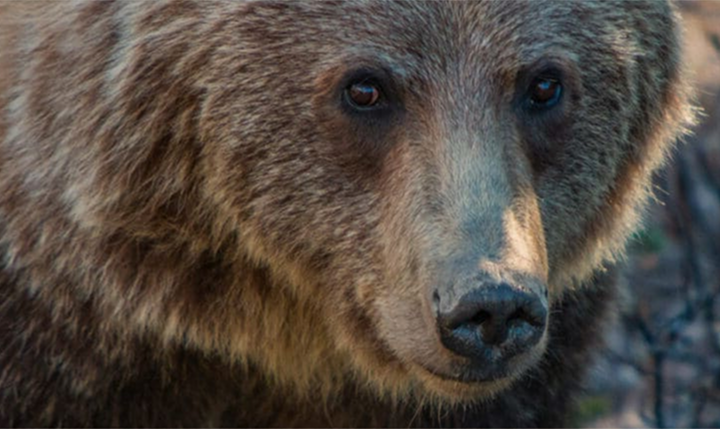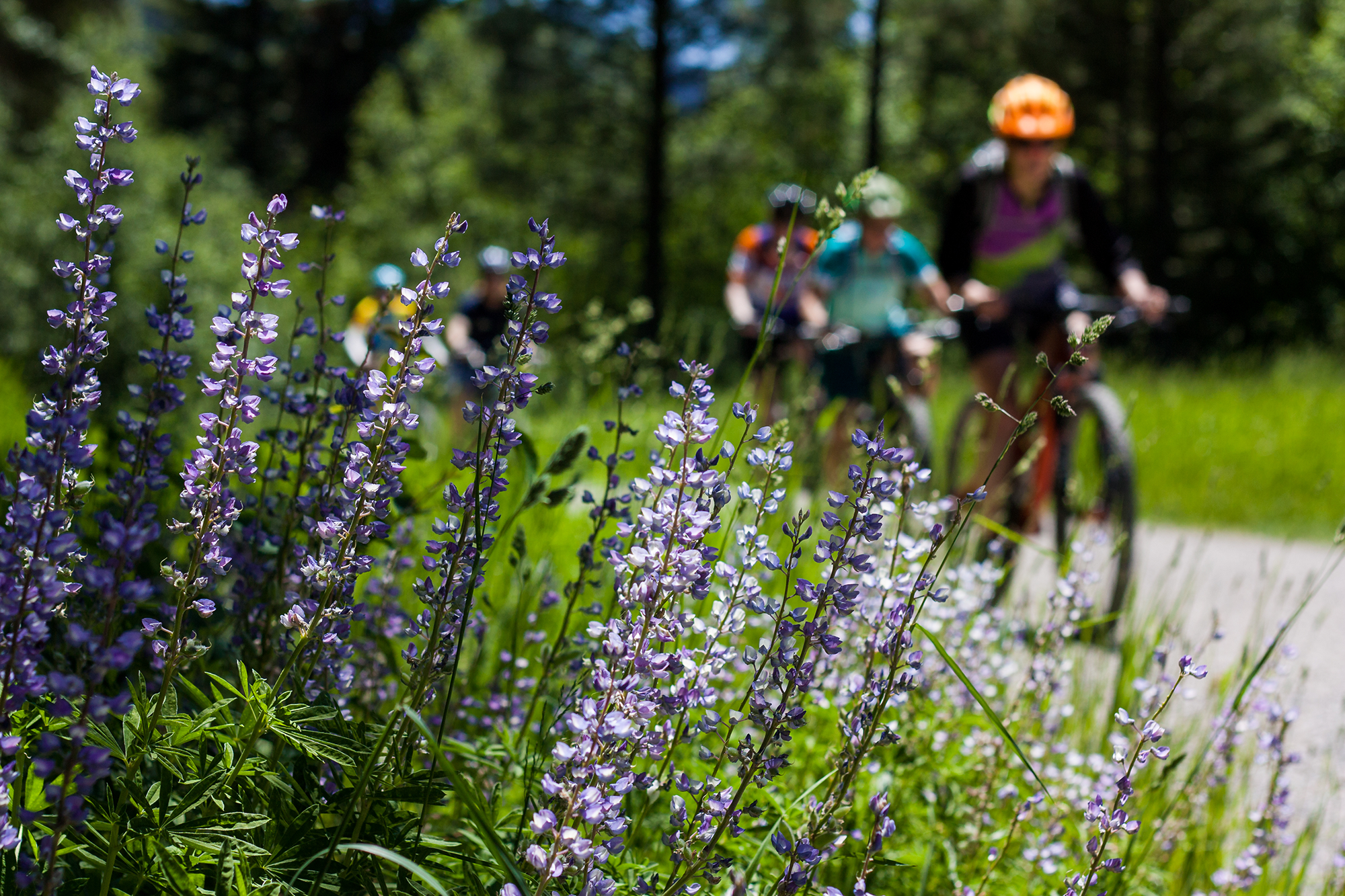Y2Y among conservation groups supporting significant step in Tonquin caribou herd recovery
Conservation groups welcome Parks Canada’s recent difficult decision to buy out two horse-based backcountry lodges in Jasper National Park’s Tonquin Valley and to rule out new licenses of occupation in the valley.
The Yellowstone to Yukon Conservation Initiative (Y2Y), Alberta Wilderness Association (AWA), and CPAWS Northern Alberta Chapter support these steps to improve the survival prospects of Tonquin Valley caribou, which are on the brink of extirpation (local extinction), and now require emergency measures to recover.
Conservation groups and experts believe that a history of poor management decisions in the Park and compromises to competing recreational interests have contributed to the near-extirpated state of the herds. In recent years, it seems the tides have turned, as Parks Canada continues to make evidence-based decisions for the benefit of caribou in Tonquin Valley.
“By securing and connecting key habitats within and beyond park borders, we can give at-risk mountain caribou and other sensitive wildlife species the space they need to survive and thrive long into the future.”
Dr. Hilary Young, Y2Y Alberta Program Director
“We strongly support these measures to reduce recreation and habitat pressures upon the remaining Tonquin caribou population, based upon Parks Canada’s obligations to protect species at risk and ecological integrity,” says Carolyn Campbell of Alberta Wilderness Association.
“We wish these kinds of decisions did not have to be made, but caribou herds in Jasper are so dangerously small that they require drastic measures to recover,” says Gillian Chow-Fraser of CPAWS Northern Alberta. “The lodges have provided tremendous backcountry winter experiences for years, and they will continue to play an important role in Tonquin valley by taking a step back to ensure caribou survive for many generations to come.”
“This is a significant step in prioritizing the long-term recovery of the Tonquin caribou herd,” says Dr. Hilary Young, Y2Y’s Alberta program director. “By securing and connecting key habitats within and beyond park borders, we can give at-risk mountain caribou and other sensitive wildlife species the space they need to survive and thrive long into the future.”
In October 2021 these conservation groups welcomed Parks Canada’s decision to close backcountry access for the entire snow season, to prevent predator access via packed trails into Tonquin and Brazeau caribou ranges. The groups applauded the Alpine Club of Canada for leading by example and voluntarily suspending bookings at its Tonquin backcountry Wates-Gibson hut for the entire winter since the 2020-21 season. Tonquin backcountry summer accommodation remains available at the many campgrounds and the Wates-Gibson hut.
Parks Canada is expected to decide soon if it will proceed with a conservation breeding program for Jasper caribou. These conservation groups believe that a costly captive breeding program only makes sense if caribou have high quality, secure habitat to occupy once they are released.
In the 1960s, southern Jasper National Park was home to hundreds of caribou. Today there are only about 60 of them left. The Maligne herd was declared extirpated in 2020, while the Tonquin and Brazeau herds are at such low numbers that they might not last much longer. The Tonquin herd is the largest herd left; it only has about 50 caribou, including only nine breeding females.
Additional reading:
- Supporting Jasper National Park’s caribou herds | Media release (Oct. 15, 2021)
- More than conservation breeding needed to help Jasper’s caribou survive and thrive | Media release (May 11, 2021)


